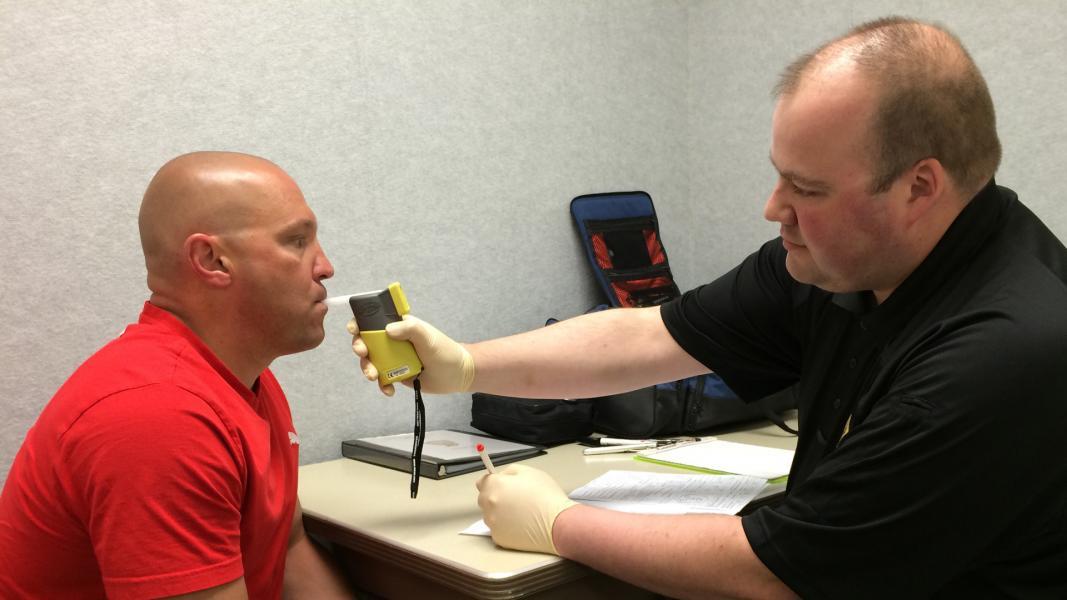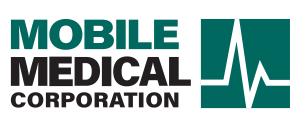
Workplace Drug Testing
Substance abuse has become prevalent in our society and this greatly affects the workplace. According to the National Institute on Drug Abuse, substance abuse costs our Nation more than $700 billion annually in costs related to crime, lost work productivity and health care. Today employers are implementing /adapting Drug-Free Workplace policies to reduce risk and improve workplace safety.
Mobile Medical Corporation is an experienced substance abuse program Third Party Administrator (TPA). We offer customized solutions to eliminate the burden of scheduling employees' tests, tracking and reporting of results, reconciling invoices, and managing required testing percentages. We work with you to meet your annual goals and ensure compliance.
Substance Screening Solutions
Third-Party Administration
Outsource drug and alcohol testing to an industry-leading occupational healthcare provider to get massive results
Background Checks
Get primary or updated background checks for team members online through MMC or using one of the mobile apps
Program Testing
Can be done on-site or at a collection facility with our nationwide network. This service is available for multiple methods, complete with online scheduling, tracking, and reporting
Collectively Bargained Programs
Get resources and guidance to implement a Drug-Free Workplace plan, today, with the help of written policies and SkillCheck
Testing Methodologies
Saliva, hair, urine, POCT, and lab analysis tests provide accurate results delivered right to you at your workplace
TPA Technology
SkillCheck™ proprietary software is available as a mobile app for test tracking and statistic with electronic notifications of results. Get digital Drug Free cards with QR codes
Have Questions?
What are the elements of a workplace drug testing program?
In order to require a drug testing program among employees, the following must be implemented:
- Substance abuse policy
- Supervisor training
- Employee education
- Employee Assistance/treatment
- Type of Drug testing (i.e. pre-employment, random, post-accident, return to work)
What can your workplace drug test for?
What is the most common drug testing methodology?
Can my company do random drug testing?
What are the benefits of on-site drug testing?
What drugs SHOULD NOT be tested for?
Do you have a question that isn't answered here? Reach out! We're here to help.
Types of Drug Tests
Drug tests vary, depending on what types of drugs are being tested for and what types of specimens are being collected. Urine, hair, saliva (oral fluid), or sweat samples can be used as test specimens.
In federally regulated programs, only urine samples are collected, although the Secretary of Health and Human Service has released proposed guidelines for the inclusion of oral fluid specimens.
Drug tests commonly screen for five categories of drugs: Amphetamines, Cocaine, Marijuana, Opiates and Phencyclidine (PCP,) however additional categories for non-federal testing may include safety-sensitive prescription drugs such as Barbiturates, Benzodiazepines, Hydrocodone, Oxycodone, Methadone as well as street drugs.
Client Testimonials




